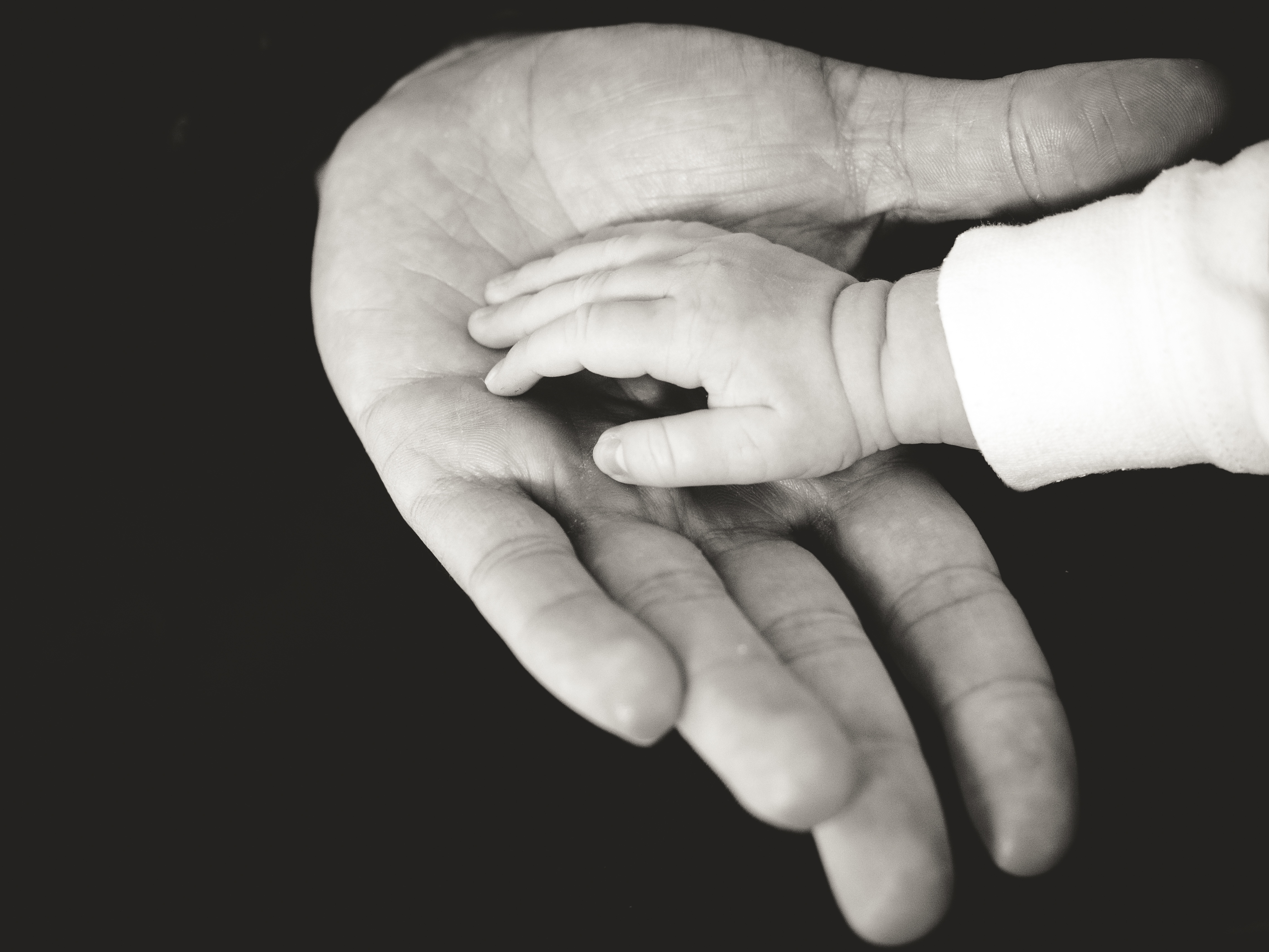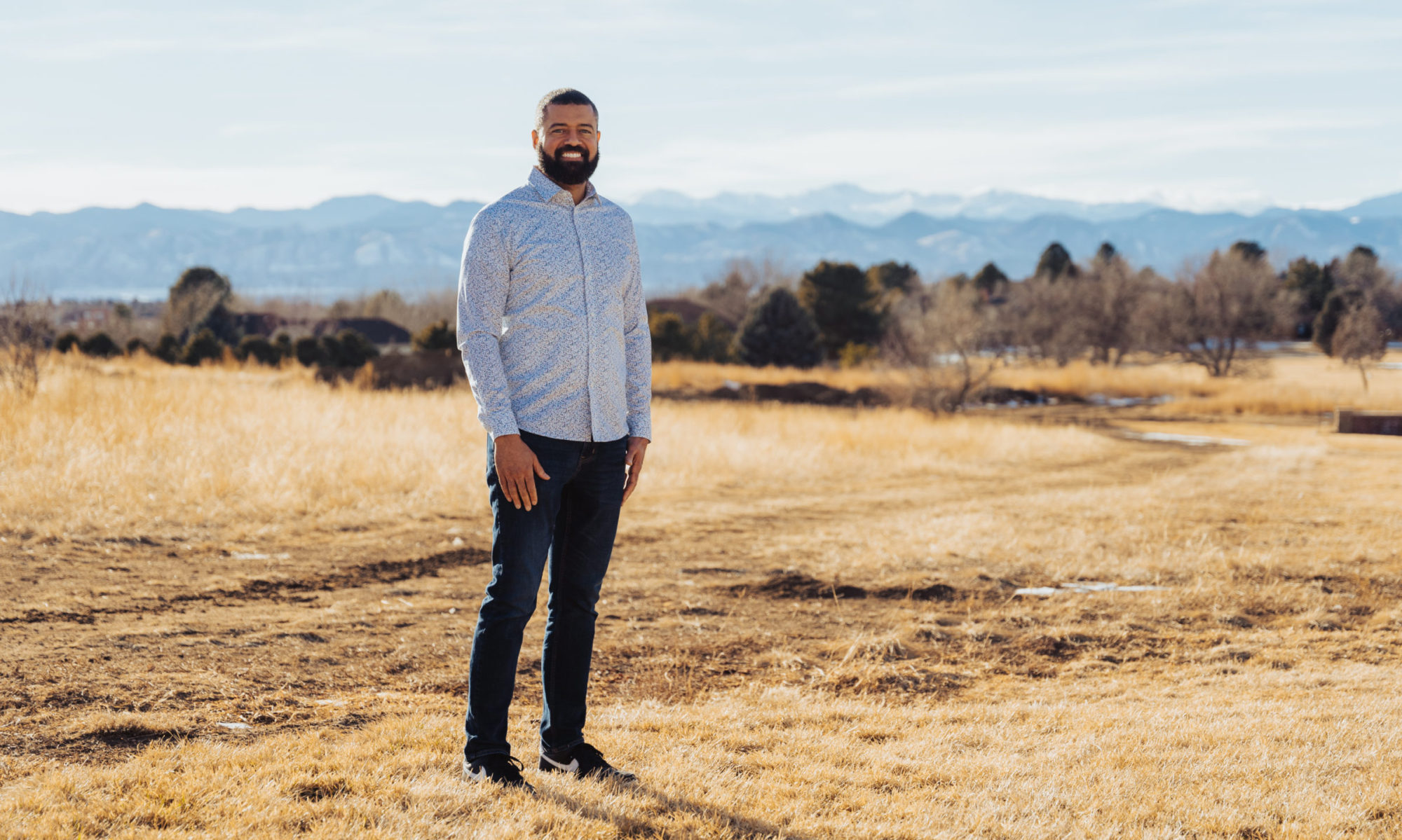As we closed out Jesus and the Rebels Part 1, Jesus told us about the repentant prodigal who has come to his senses, returned home, and received an undeserved “hero’s welcome.” His father is overjoyed at his son’s arrival and throws a great feast to celebrate his return.
 This is the same reaction that we receive from God when we turn, or return to Him! He isn’t waiting to condemn us, or treat us according to our crimes. He is waiting to shower us with undeserved love and grace; a “hero’s welcome!”
This is the same reaction that we receive from God when we turn, or return to Him! He isn’t waiting to condemn us, or treat us according to our crimes. He is waiting to shower us with undeserved love and grace; a “hero’s welcome!”
Jesus now continues the story by introducing us to the third character in chapter Luke 15:25–32. It is the older brother, who represents the Pharisees, and perhaps, at times, us. Again, it is important to read this story in context, which is seen in Luke 15:1–3. Jesus had begun to attract the undesirables, misfits, and the outcasts. The Pharisees were scandalized that Jesus, who claimed to be a teacher with a message from God, would surround himself with this kind of crowd. This story is not about an older brother who didn’t get the recognition he deserved for his faithful service.
As the older brother approaches the house, he hears the sound of the feast, and asks a servant about what was taking place. The servant tells him that “your brother” has come home, and his father has thrown a celebration in honor of his return.
Warren Wiersby points out that we must admit that the older brother had some commendable virtues.
“He worked hard and always obeyed his father. He never brought disgrace either to the home or to the village, and apparently he had enough friends so that he could have planned an enjoyable party. He seems like a good solid citizen and, compared to his younger brother, almost a saint.”
Instead of rejoicing that his wayward brother had returned, he became angry and bitter, refusing to go in and welcome his brother home.
The ever-loving father leaves the celebration to console his fuming son, trying to get him to join in the festivities. It is here that the true feelings of the older brother is revealed. He launches into a verbal assault against his father, reminding him how he has dutifully stayed home, and worked all this time and has never given him one problem. He goes on to point out that his father has never thrown a party for him, revealing his jealously and perceived unfairness at the situation. However, according to verse 12, the father and son have been working as partners since his father divided the property between them. Everything the father has already belongs to the older son! We also realize that the older brother was just as lost as the younger brother.
In verse 30 his frustration boils over, his words become harsher and judgmental as he refuses to acknowledge that the prodigal is his brother. Instead he refers to him as, “this son of your’s,” displaying his distain for his brother. He goes as far as to make the assumption that the wayward son has wasted his money on prostitutes! The grace that his father has shown his younger brother, offends his sense of fairness, as it seems (to one who doesn’t understand or feels they don’t need grace) to condone his behavior.
The father, so full of compassion for both of his sons, sets the record straight. Pointing out that what ever his older son wants, is his for the taking, to use at his discretion (just as his younger brother had done). It is at this point the father makes his extraordinary statement about being dead and alive, and lost and found (vs. 32). He also reminds the older son that the prodigal is his brother. His father tells him they had to celebrate because his most important possession has returned to him – his son, who was lost, and is now found. The one who was as good as dead is now alive again! This is the reason for such a celebration.
Jesus told this story because the “younger” brothers and sisters were being brought into a club that the “older” Pharisees thought they had no business being in. Jesus was bringing these dirty, misfit, rebels into the Kingdom of God and it was more than the Pharisees could stand.
Most of us can relate to the younger brother who has wondered in the “distant land” of rebellion and sin. Many of us can relate to the older brother, who becomes condescending when our rebellious little brothers and sisters receive a welcome party instead of punishment. Very few can understand, let alone, dispense the amount of grace that the father extends. For some, there is a kinship between the brothers. At one time they were the prodigals who came to their senses and now sometimes relapse into harsh judgments of someone making the very same mistakes. They have forgotten the grace they received and so can’t give grace to the ones who need it. There is an important point that cannot be missed here:
Grace is expensive to the one who gives it; priceless to the one who receives it; and offensive to the one who doesn’t understand it.
When our younger brothers and sisters return we should rejoice with them as the angels of Heaven rejoice, and more importantly, our Father in Heaven is rejoicing. We must be there offering love and acceptance, support and encouragement, to grow in Christ. When we do not we find ourselves in the same position as the older brother/Pharisee – just as lost as his younger brother had been. As any good storyteller does Jesus leaves it open-ended for us to wrestle with and ponder. As you go through out your week ponder this: as Jesus followers we must not deny anyone entrance to the Feast. God’s love is open for all – sinners and saints!

Jason Bennett serves as the Lead Minister for the Cornerstone Church of Christ in Thomasville, Georgia. Follow Jason on Facebook.
